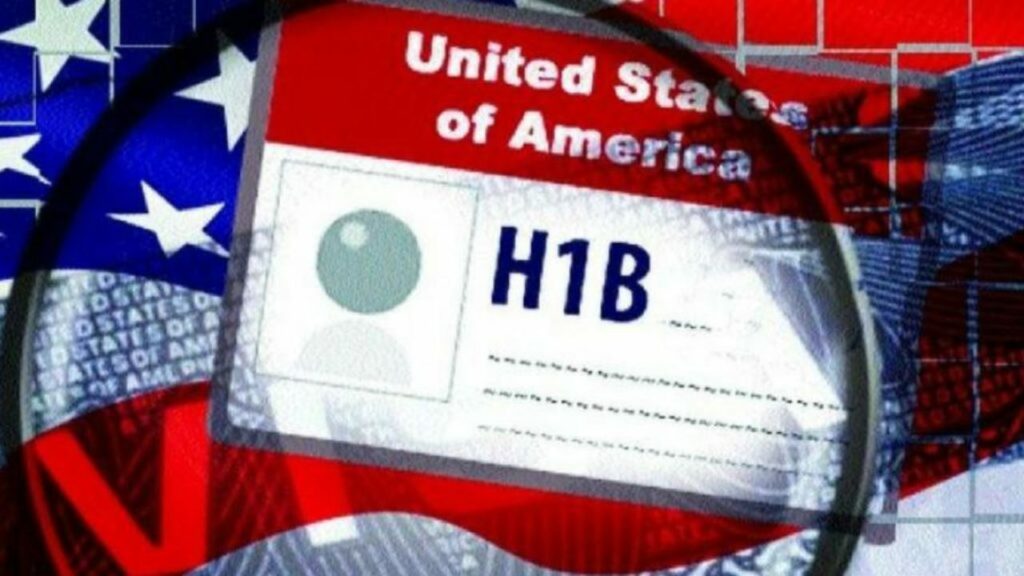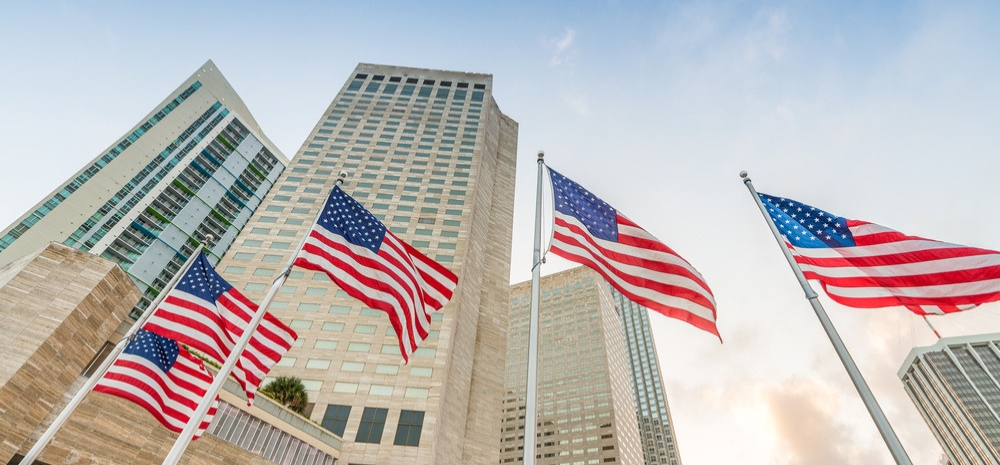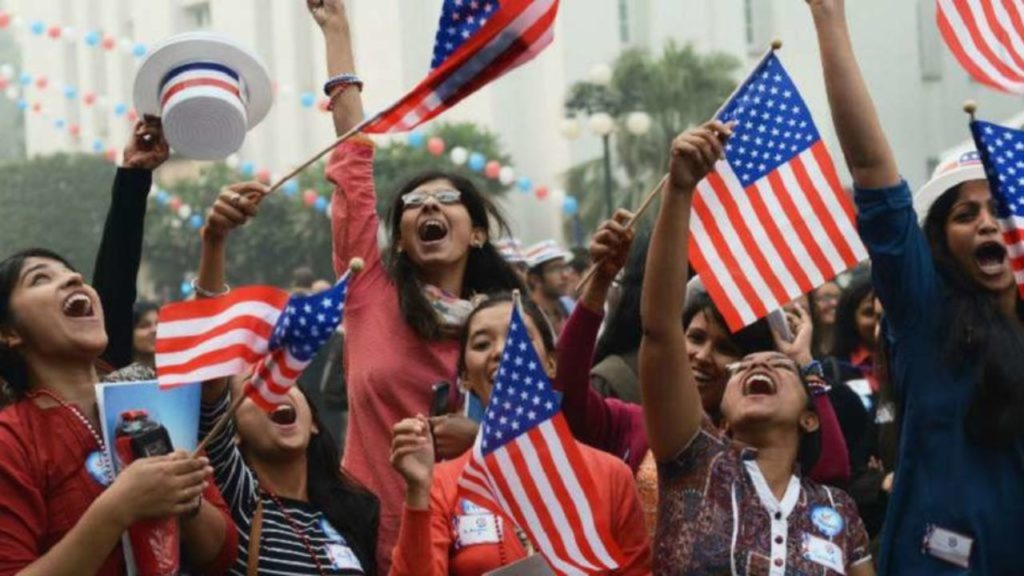US president Joe Biden’s advisory sub-committee has advocated extending the grace period of H1B visa holders to 180 days from 60 days.

Background
This recommendation should help give H1-B workers more time to find new job opportunities or alternative solutions to maintain their status in the United States.
This comes in an environment where layoffs have been incessant at even the biggest firms such as Meta, Google, Microsoft, Amazon and several others.
The recommendations will now be sent to the United States Citizenship and Immigration Services (USCIS).
Indian representative
Ajay Jain Bhutoria, a member of the President’s Advisory Commission on Asian Americans, Native Hawaiians, and Pacific Islanders, said,
“The immigration subcommittee recommends the Department of Homeland Security and the US Citizenship and Immigration Services (USCIS) to extend the grace period for H-1B workers, who have lost their jobs, from 60 days to 180 days.”
Present challenges
Currently, H1-B visa holders have only 60 days after losing their job to either find a new job, have another employer file an H1-B petition on their behalf.
The only other option is to leave the United States.
This tight timeline poses huge challenges, such as finding a new job in a challenging job market and completing the paperwork necessary for transferring H1-B status.
Not to mention the delays in processing at the United States Citizenship and Immigration Services (USCIS) which adds to the burden, potentially leading to a loss of skilled labor for the United States.
Urgent need for reform
Highly skilled tech employees are in demand, and the current job market is challenging.
However, tech companies typically conduct four to five rounds of interviews, which take several weeks before a candidate is offered a job.
Even if the candidate finds a new job within 60 days, the process of transferring their H1-B status can be time-consuming due to paperwork involved.
Hence it is humane to make a reform by extending the grace period which would aside from giving the person extra time, would also aid United States’ economic growth.
If this recommendation goes through, this will be a big relief to laid-off NRIs as they were bound by two options.
No longer bound by systemic restrictions
One, they either had to find another company to sponsor their visas or leave the country in a span of 60 days.
Second, the initial registration period for the 2024 H-1B visas for skilled professionals is currently underway and will end on March 17.
Prospective petitioners and representatives will be able to complete and submit their registrations using the online H-1B registration system during this period.
Indian majority
The H-1B visa is a non-immigrant work visa that allows companies in the US to hire foreign workers in fields such as IT, finance, engineering, etc, including from India.
In FY 2021, Indians were a sizable recipient of H1B visas – over 74 per cent of the allotments.
Out of 4.07 lakh H-1B visas approved by the USCIS, 3.01 lakh were allotted to Indians.
On the other hand 50,000 Chinese received the visas.













